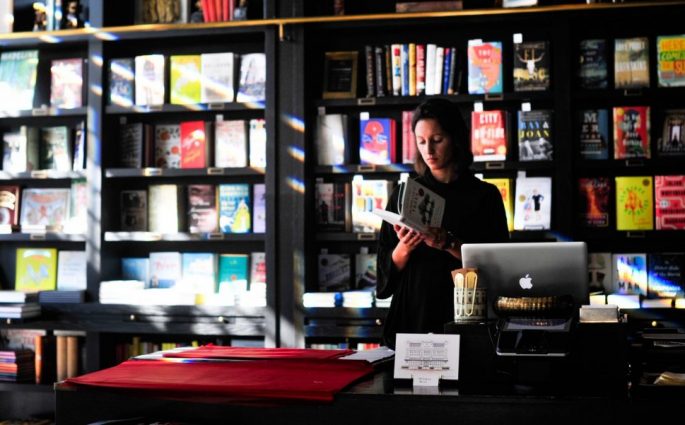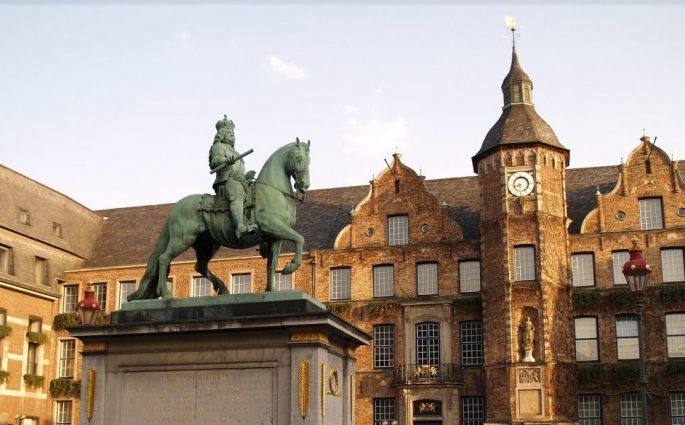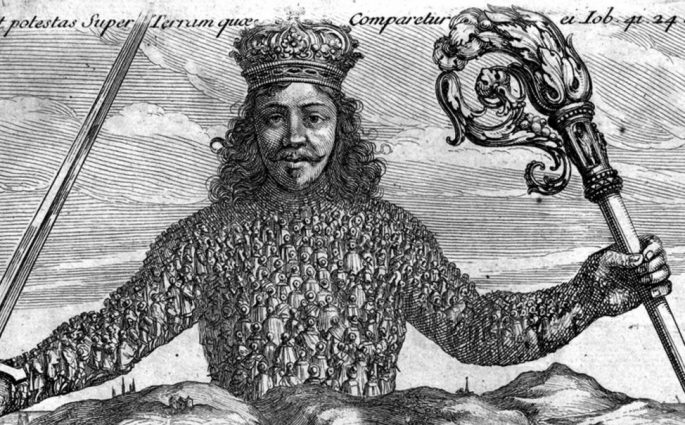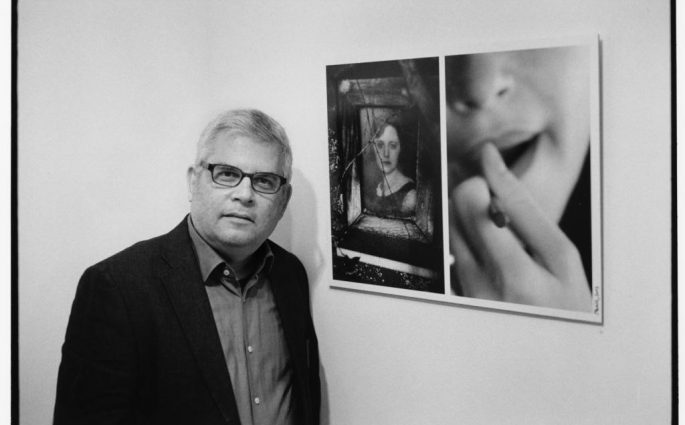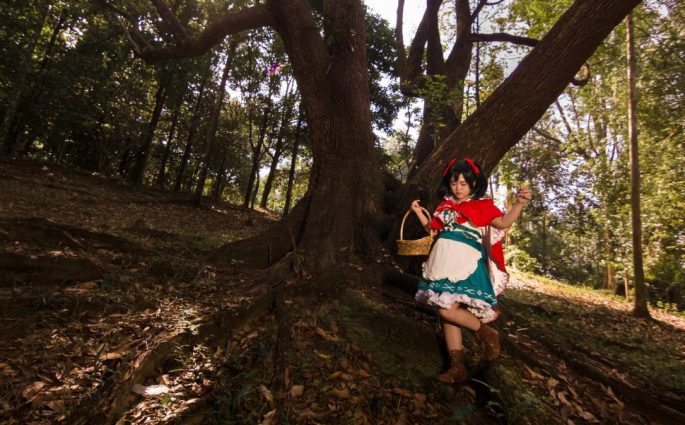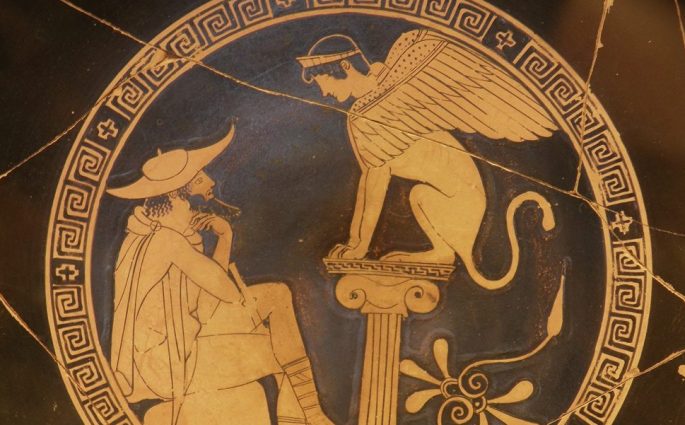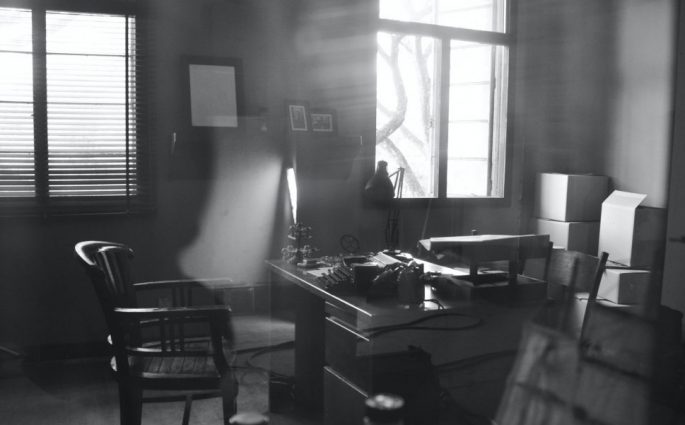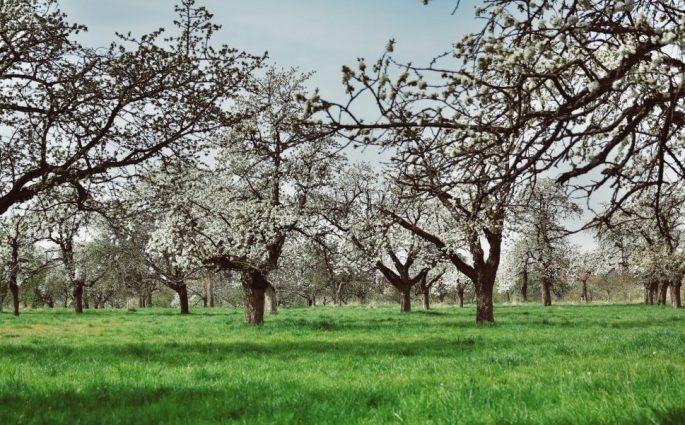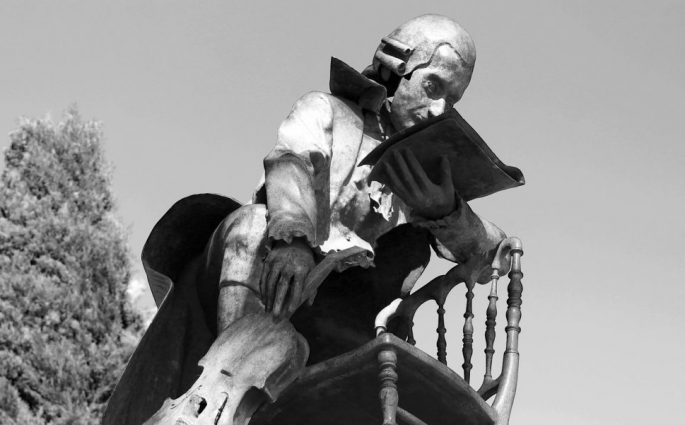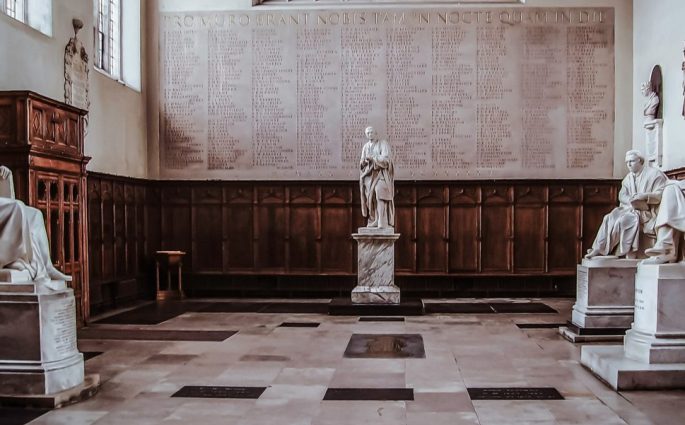Making Room for Books
Andrew Pettegree and Arthur der Weduwen— When in 1656 Rembrandt was forced to declare bankruptcy, a full inventory was made of all of his remaining possessions. Among the paintings, furniture and household goods at the house on the Breestraat, were only twenty-two books. By this time Rembrandt, one of the

